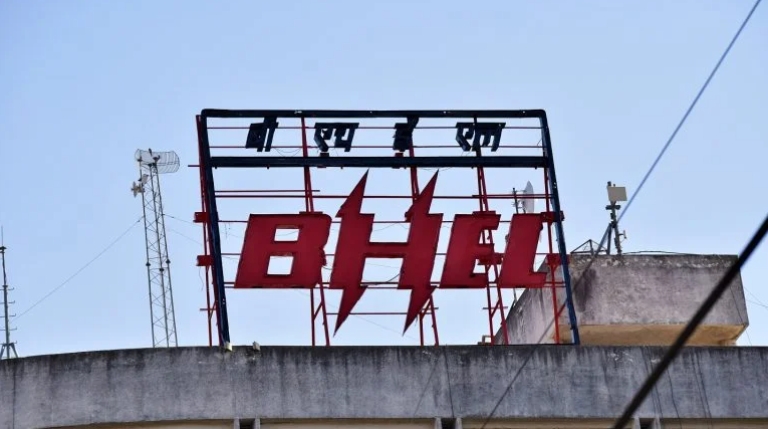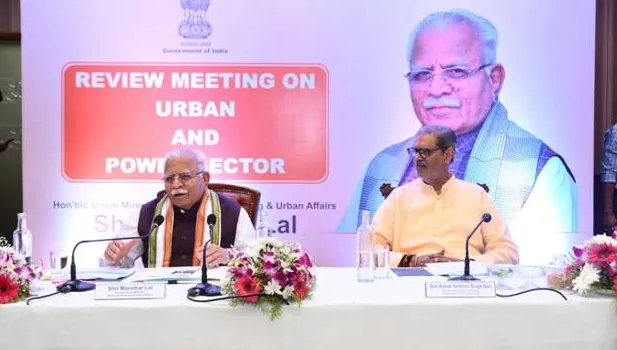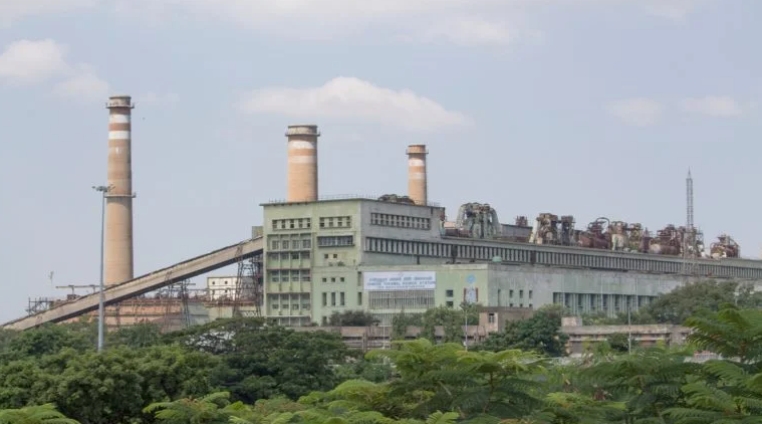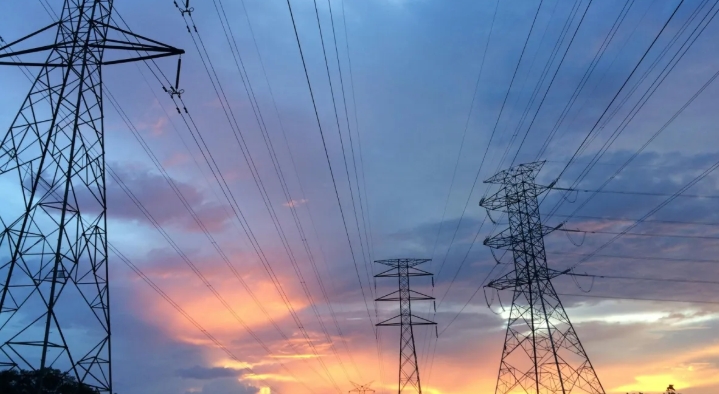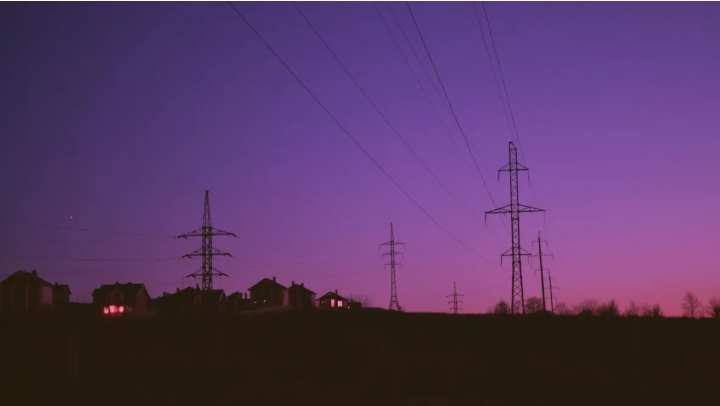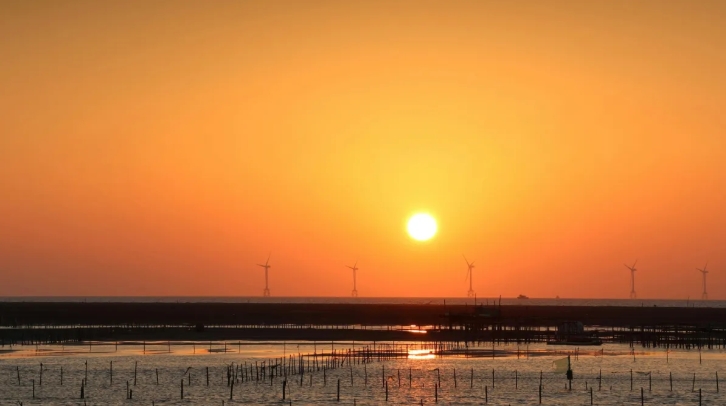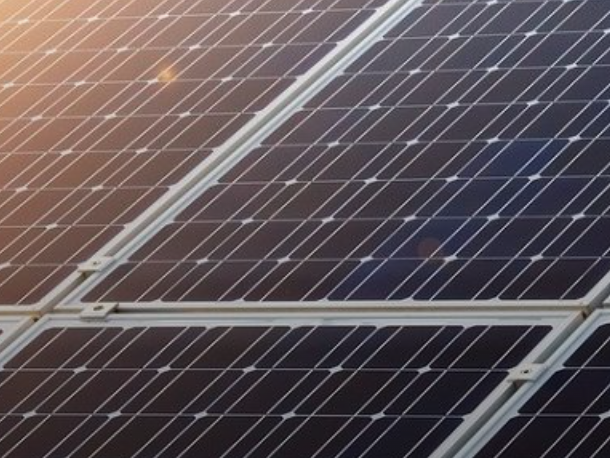
In conjunction with President Biden’s visit to Wisconsin, Siemens announced it will begin manufacturing photovoltaic string inverters in Kenosha, Wisconsin, where the company will produce utility-scale solar components specifically designed to serve the U.S. market. The Kenosha facility, owned and operated by the company’s long-time manufacturing partner Sanmina, is meant to help meet increased demand for localized production of critical parts for photovoltaic projects while helping customers take advantage of the full value of solar tax credits and domestic content incentives.
Operations at the Kenosha facility will be the newest addition to Siemens’ growing U.S. footprint. Over the past four years, Siemens has invested $3 billion to expand U.S. manufacturing and other strategic M&A activities.
“According to the Solar Energy Industries Association (SEIA), the total number of installed U.S. solar fleets is expected to grow fivefold from 2022 to 2033, and with tax credits now available due to the Inflation Reduction Act, that demand will only get stronger,” said Brian Dula, Vice President of the electrification and automation business at Siemens Smart Infrastructure USA.
The facility is projected to begin production in early 2024 and will scale up to a capacity of 5,200 BPTL3 string inverters (800MW) per year. The string inverters, which will range from 125 to 155 kW, will be manufactured with a California Energy Commission efficiency of 99%. The inverters are designed for 1000- or 1500-Volt DC solar array input and can be utilized for either decentralized or ‘virtual central’ design architectures.
Work at the facility will create up to a dozen jobs during its initial ramp-up period, with plans to grow this number at the facility and through the regional supply chain in the future, according to Siemens.
